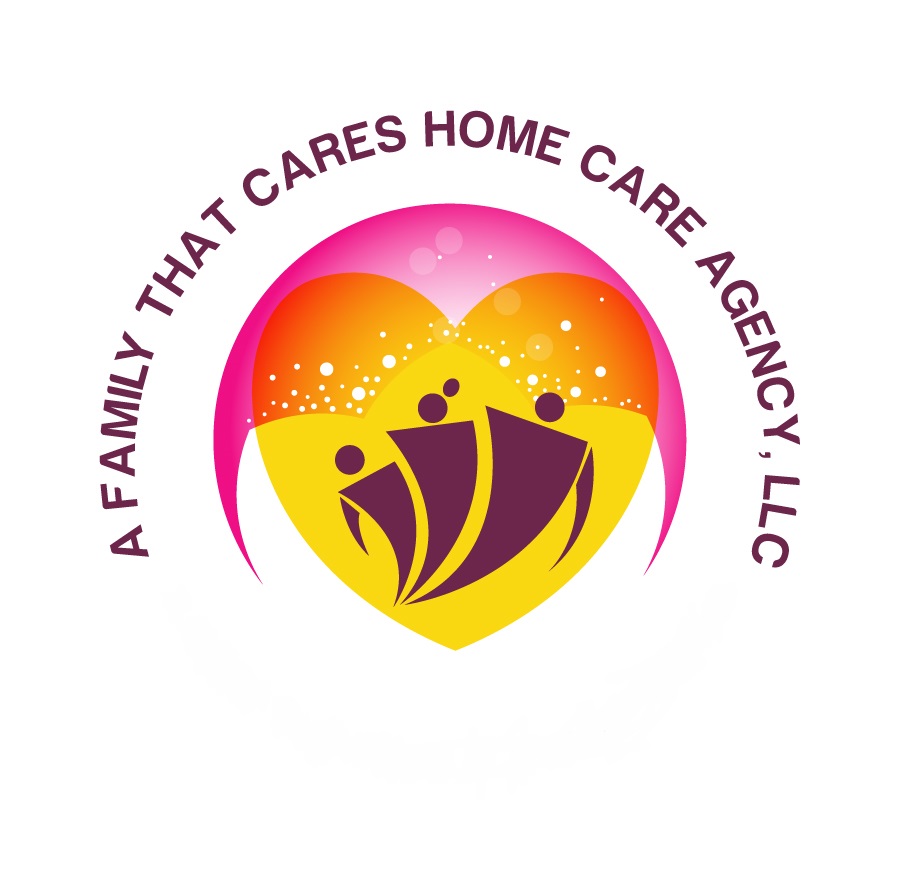Looking for care ![]() 210-657-6256
210-657-6256
Misconceptions About Home Care: Debunking Common Myths

Home care is an increasingly popular option for many families seeking assistance for their loved ones. Despite its growing acceptance, there remain several misconceptions about home care that can prevent people from taking advantage of its benefits. In this blog post, we will explore and debunk some of the most common myths about home care.
1. Home Care is Only for the Elderly
One of the most prevalent misconceptions is that home care services are exclusively for the elderly. While it’s true that many elderly individuals benefit from home care, these services are not limited to seniors. Home care can be beneficial for people of all ages, including those recovering from surgery, individuals with chronic illnesses or disabilities, and even new mothers needing support after childbirth. Home care professionals provide a wide range of services personalized to meet the specific needs of each individual, regardless of their age.
2. Home Care is Too Expensive
Cost is often a significant concern when considering home care, and many believe it to be prohibitively expensive. However, the cost of home care can be quite reasonable, especially when compared to the expenses associated with nursing homes or assisted living facilities. Additionally, many insurance plans, including Medicare and Medicaid, offer coverage for home care services. It’s important to evaluate all available options and consider the potential savings from reduced hospital visits and improved health outcomes when assessing the cost of home care.
3. Home Care Equals Loss of Independence
A common fear is that receiving home care means losing independence. In reality, home care is designed to support and enhance an individual’s independence by providing the necessary assistance to help them stay in their own home. Home care professionals work to create a safe and supportive environment that allows individuals to continue living their lives as independently as possible. This includes helping with daily activities, managing medications, and offering companionship, all while respecting the individual’s autonomy and preferences.
4. Care is Only for Severe Medical Conditions
Some people believe that home care is only necessary for those with severe medical conditions. However, home care encompasses a broad spectrum of services, from medical care to non-medical assistance. Many individuals require help with everyday tasks such as bathing, dressing, meal preparation, and housekeeping. Home care can also provide respite for family caregivers, giving them a much-needed break and reducing caregiver burnout. Even those with relatively minor health issues can benefit from the support and companionship that home care offers.
5. Home Care Workers are Unskilled
Another misconception is that home care workers lack the necessary skills and training to provide quality care. In reality, home care professionals are highly trained and often have extensive experience in healthcare. Many home care workers are certified nursing assistants (CNAs), licensed practical nurses (LPNs), or registered nurses (RNs). They receive ongoing training to stay updated on the latest healthcare practices and protocols. Home care agencies also thoroughly vet their employees to ensure they are qualified and capable of providing the best possible care.
6. Home Care is Not as Safe as Institutional Care
Safety is a primary concern for families considering home care, with some believing that institutional care settings like nursing homes are safer. However, home care can be just as safe, if not safer, than institutional care. Home care professionals are trained to create a safe environment, identify potential hazards, and take preventive measures to avoid accidents. Additionally, receiving care at home reduces the risk of exposure to communicable diseases, which can be more prevalent in institutional settings.
7. Home Care Means Having a Stranger in Your Home
The idea of having a stranger in one’s home can be uncomfortable for some, leading to reluctance to consider home care. However, reputable home care agencies work hard to match clients with caregivers who are compatible with their personalities and needs. Over time, caregivers often become trusted companions and integral parts of the family. Clear communication and setting expectations can help build a positive and trusting relationship between the caregiver and the client.
8. Home Care Services are Inflexible
Some people assume that home care services are rigid and cannot be tailored to fit their specific needs. In contrast, home care is highly customizable, offering a range of services that can be adjusted as the client’s needs change. Whether it’s part-time assistance, round-the-clock care, or anything in between, home care agencies work with families to develop personalized care plans that provide the appropriate level of support.
9. Home Care Will Replace Family Involvement
There’s a misconception that opting for home care means family members will no longer be involved in the care of their loved ones. In reality, home care is meant to complement and support the efforts of family caregivers. Professional caregivers can handle the more demanding tasks, allowing family members to focus on spending quality time with their loved ones. This partnership can enhance the overall well-being of the care recipient and provide peace of mind for the family.
Conclusion
Home care is a valuable service that offers numerous benefits for individuals of all ages and health conditions. By debunking these common misconceptions, we hope to encourage more families to consider home care as a viable option for their loved ones. It’s essential to research and understand the full scope of home care services to make informed decisions that best meet the needs of your family.
Home care can provide a compassionate, personalized approach to care that enhances the quality of life for both the care recipient and their family. Don’t let myths and misconceptions stand in the way of accessing the support and assistance that home care can offer.
If you’re seeking assistance or guidance in finding a reliable home care provider in the Bexar County, Texas region, we’re here to help. Contact A Family That Cares Home Care Agency, and we’ll guide you every step of the way, ensuring you find the care that best meets your needs.
